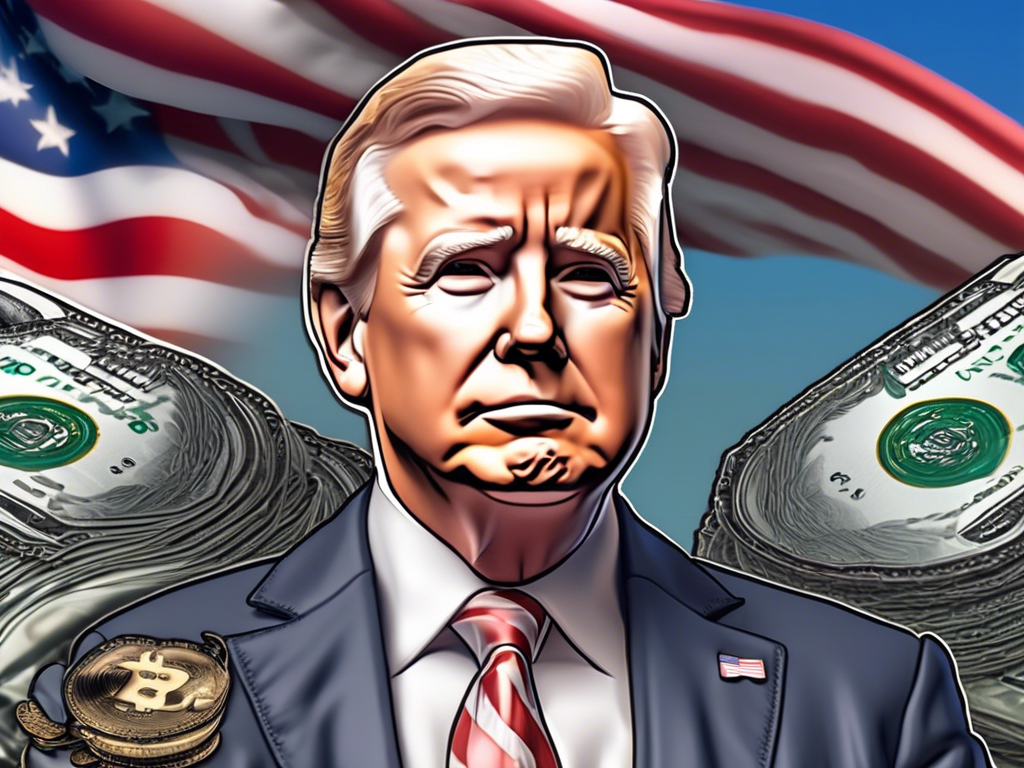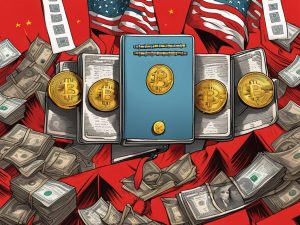Understanding the New Law Empowering the U.S. President to Block Crypto Transactions
A recent law has granted the U.S. president significant authority to block cryptocurrency access, raising concerns among observers. This development enables the president to prevent transactions between U.S. individuals and foreign entities associated with terrorist organizations.
Key Provisions of the Law
- The law requires the Secretary of the Treasury to identify and report foreign banks or crypto transaction facilitators engaging in significant transactions with terrorist organizations. This identification must occur within 60 days of the law’s enactment and regularly thereafter.
- Once identified, the president has the power to prohibit or impose strict conditions on the opening or maintenance of accounts by these foreign banks in the U.S.
- For foreign digital asset transaction facilitators, the president can block any transactions between them and Americans.
Enforcement Mechanisms
- Sections 203 and 205 of the International Emergency Economic Powers Act (IEEPA) grant the president the authority to implement these measures and impose penalties on violators, similar to those outlined in section 206 of the IEEPA.
- The law outlines procedures for judicial review of classified information used as the basis for findings or penalties. The Secretary of the Treasury can submit this information to the court ex parte and in camera for private review by the judge.
Waivers and Exceptions
- The law includes provisions for waiving sanctions if it is determined to be in the national interests of the U.S. Congress must be notified of any such waivers, along with the reasons for granting them.
- An exception is made for intelligence activities to ensure that these measures do not hinder authorized intelligence operations.
Additional Amendments
- The law amends section 5318A of title 31, United States Code, to introduce new prohibitions or conditions on specific fund transfers.
- If the Secretary of the Treasury identifies jurisdictions, institutions, or transactions posing significant money laundering risks, they can impose conditions on fund transfers involving these entities.
- The Secretary, in collaboration with other key officials, can take action against domestic financial institutions or agencies engaged in high-risk transactions.
Hot Take: Stay Informed About Crypto Regulations
As a crypto enthusiast, it’s essential to stay informed about regulatory developments impacting the industry. The recent law granting the U.S. president the authority to block crypto transactions highlights the increasing scrutiny and oversight of digital assets. Understanding these regulations and their implications is crucial for navigating the evolving crypto landscape and ensuring compliance with relevant laws and authorities.





 By
By
 By
By
 By
By
 By
By
 By
By
 By
By